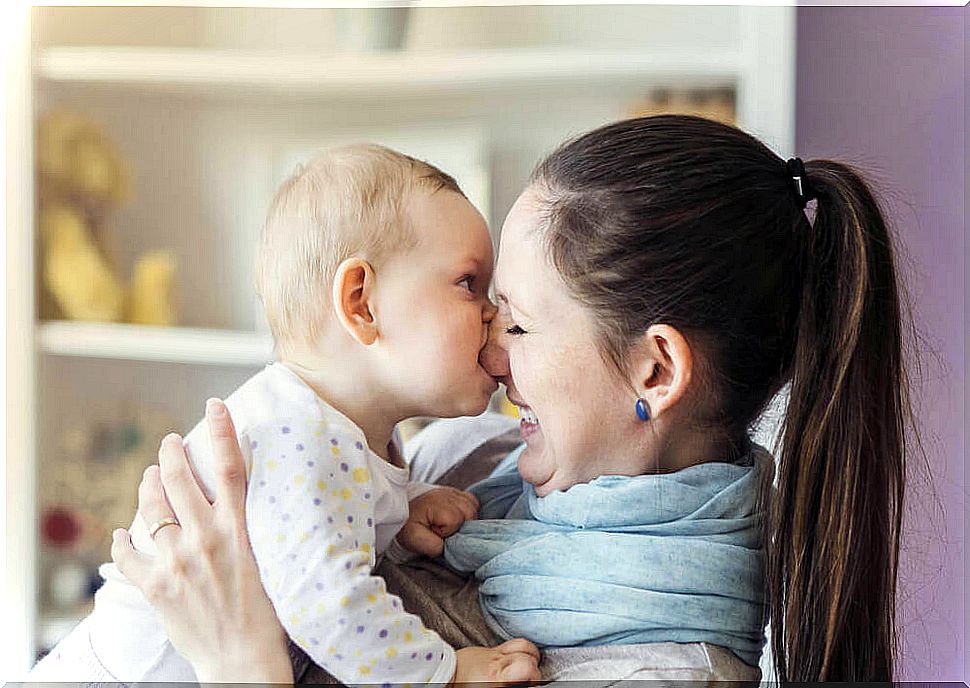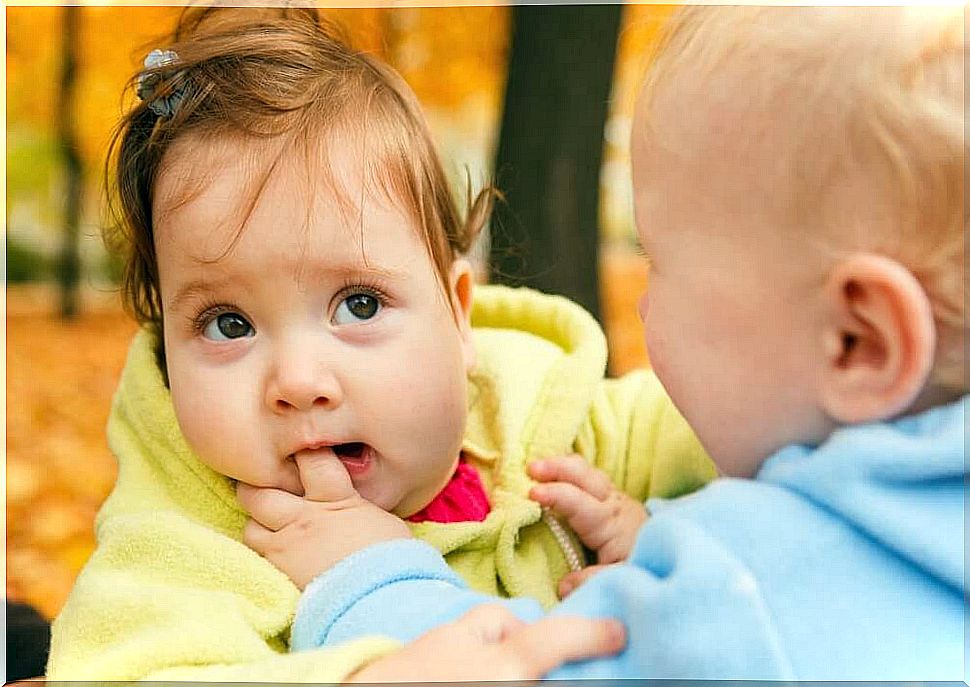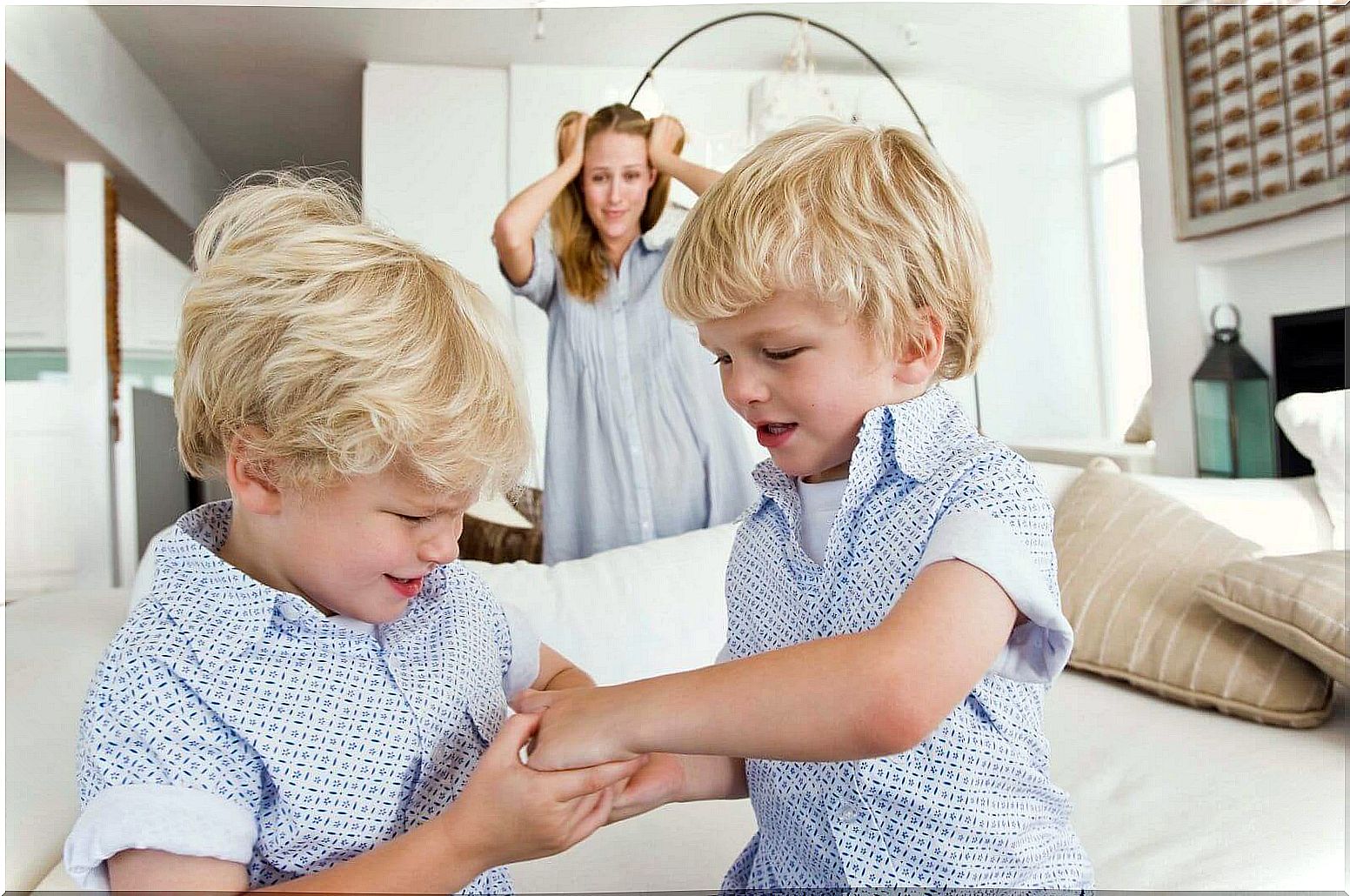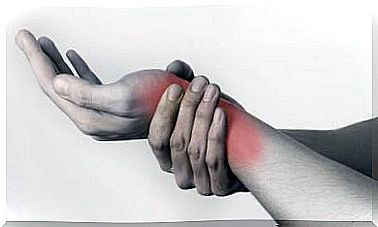What To Do If Children Bite?
It is of course not very nice when you have to find out that your child has bitten another child in kindergarten or school or was bitten himself. But children bite because they don’t yet know how to deal with negative emotions.

Children often bite from the age of around 2 or 3 years. Because then they begin to experience feelings that they were previously unfamiliar with (such as anger, frustration, anger or jealousy).
They don’t yet know how to properly deal with these emotions. As a result, they may try to bite .
The problem may not in itself be too troubling. But it does happen quite often. Children are not yet able to express what they are feeling properly. And then they just show it by biting.
Why do children bite?
Understanding the cause of the bite is an important first step. Because this is the only way you can get your child to give up this aggressive behavior.
As a rule, children bite when they are not with their parents. That is, when they are under the supervision of strangers or are cared for by other people.
But of course it also happens that children bite their parents or siblings. The bite means something and you should definitely try to find out what’s behind it. Because children show this behavior because there are things at home that worry or frighten them.
This could be, for example, the following situations:
- The death of a close relative or a parent.
- The birth of a new sibling. This can make your child jealous.
- Divorce or separation of parents.
- A move. Because the child is no longer in the familiar surroundings. Losing the reference points unsettles it.
- The child is a witness to domestic violence.
- Children also bite because they experience frustration, loneliness and helplessness.
- It takes more care or autonomy.
- The children are very rowdy or overwrought.
- Sometimes children also bite by imitation. That is, they bite because they were bitten themselves.
- In addition, there are times when children even bite to express their love.
- The feeling of anger or fear overwhelms them.
What to do if children bite

It is true that it is common for small children to bite. But it is just as common for them to stop doing it as they get older.
But just knowing that it is a common phenomenon is not necessarily enough to reassure parents. Neither those whose children bite. And much less those whose children are bitten.
But it can happen that you have to see for yourself that your child is biting someone else. Or that the supervisors from kindergarten or school tell you that your child bit someone there.
In these cases, we recommend that you follow the strategies outlined below. Because they are a great way to help your child. Then it can leave this phase behind as quickly as possible.
Child bitten? Take care of victims and attackers
First, you should calmly and gently examine the bitten child. But don’t completely ignore the child who bit. But it is important that you turn to the victim of the bite attack first.
Make sure they don’t need medical attention. In this way, the child who has bitten also recognizes the following: It does not automatically receive your attention through its behavior.
At the same time, you should try to involve the biting child in the process of caring for and paying attention to the attacked child. Because then it can realize that its action has caused harm and pain.
But do not treat the attacker coldly or with aloofness. This would only make the child shut up. And then it will not want to give you an answer if you want to know from it why it behaved this way.
Keep calm and don’t punish
Of course, it can happen that your first impulse in the face of the child’s aggressive behavior is to let yourself be carried away into certain negative actions. Because you may be angry about it at first.
But you should definitely try to stay calm. Because a violent reaction, excessive reprimand, or punishment will only increase the feelings of anger and frustration that caused the child to bite.
Try to talk to the child in a very calm and gentle way. Use simple words to explain that biting can be very painful. And that it shouldn’t do that again, no matter how angry it is.
Talk to your child about what to do when they’re angry
Teach your child to seek help from a nearby adult when they get angry.
Also, since biting is more common in daycare and kindergarten, teach your child how to express things they don’t like.
It should let the caregivers know that it is angry. And they should realize that it’s better to talk than attack the child who made them angry.
So it happens that, for example, another child takes away the toys that your child was playing with.
In this case, they should learn to tell the other child that they don’t like it. And then he should let the caregivers know about the incident so that they can help him to resolve the situation.
Of course, it is very important that you speak to the supervisor too. Because you have to know how they deal with the aggressive behavior of the children.
Strengthen positive behaviors in the child
You shouldn’t focus too much on your child’s aggressive behavior. It is much better and more effective to strengthen one’s positive behaviors.
From around 3 years on, children like to be with their peers. Whenever your offspring plays with other children calmly and without aggressive incidents, you should praise their good behavior: “How well you played with your friends today! That was very nice, you did well. “
At the same time, you should also talk about biting. For example, while eating, you can talk about why you bite bread or fruit. Namely, in order to perceive the taste, in order to nourish oneself. And explain why you shouldn’t bite your friends.
Never bite your child
Some believe that if they bite the child, too, the child will understand that biting is painful. But actually this is a complete mistake.
A child who is bitten by their parents simply learns that this behavior is allowed in order to let out anger and anger.
In general, the example we give our children is more convincing than any argument we can put forward. So: never bite your child. Not even as part of a game or a joke.
Be attentive and stop your child

While the children are still learning to be in control of themselves, it is important to:
You should pay attention to the factors that trigger the biting. Because by watching carefully you can see what is causing the child’s aggressive behavior. And then you can stop your pupil in good time.
When you see your child about to bite another, you need to be very clear and open. Without losing your calm, you should take it aside. And explain to him why what it is doing is wrong: “It is not right to bite someone. And I won’t let you bite your friend. “
The most important last
In all of this, one thing is very important: Let your child always feel that you love them. Because the love you give your child will help them express the reasons for their biting.
Your child needs to understand that you disapprove of their behavior, but that you haven’t stopped loving them because of it.









